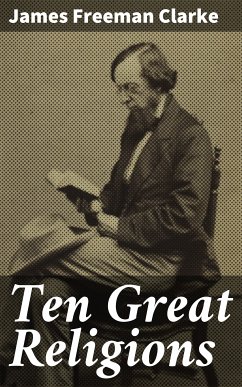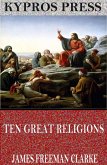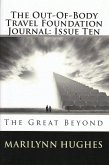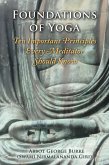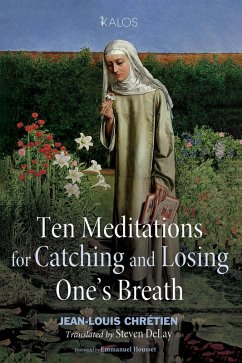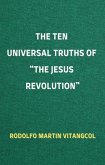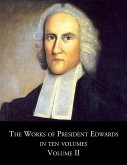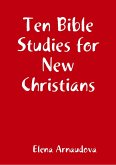In "Ten Great Religions," James Freeman Clarke embarks on a scholarly yet accessible exploration of the fundamental beliefs, practices, and historical contexts of ten major world religions, including Hinduism, Buddhism, Christianity, and Islam. Clarke's literary style blends meticulous scholarly rigor with a narrative clarity that makes complex theological concepts comprehensible to a broad audience. Written in the late 19th century during a time of burgeoning interest in comparative religion, the work situates itself at the intersection of Enlightenment thought and emergent modernism, reflecting Clarke's belief in the unity of spiritual insight across cultures. James Freeman Clarke (1810-1888) was a prominent Unitarian theologian, minister, and a key figure in the development of a more inclusive understanding of spirituality. His diverse background, including education at Harvard and exposure to various religious traditions, deeply informed this work. Clarke was committed to a dialogue among world religions, advocating for tolerance and understanding amidst a religiously pluralistic landscape rapidly emerging in his time. "Ten Great Religions" is an essential read for anyone interested in the rich tapestry of global faith traditions. Whether you're a scholar, a student, or simply a curious reader, Clarke's insightful synthesis offers both knowledge and inspiration, encouraging us to appreciate the shared humanity that underlies our varied spiritual expressions. In this enriched edition, we have carefully created added value for your reading experience: - A succinct Introduction situates the work's timeless appeal and themes. - The Synopsis outlines the central plot, highlighting key developments without spoiling critical twists. - A detailed Historical Context immerses you in the era's events and influences that shaped the writing. - A thorough Analysis dissects symbols, motifs, and character arcs to unearth underlying meanings. - Reflection questions prompt you to engage personally with the work's messages, connecting them to modern life. - Hand-picked Memorable Quotes shine a spotlight on moments of literary brilliance. - Interactive footnotes clarify unusual references, historical allusions, and archaic phrases for an effortless, more informed read.
Dieser Download kann aus rechtlichen Gründen nur mit Rechnungsadresse in A, B, BG, CY, CZ, D, DK, EW, E, FIN, F, GR, H, IRL, I, LT, L, LR, M, NL, PL, P, R, S, SLO, SK ausgeliefert werden.

